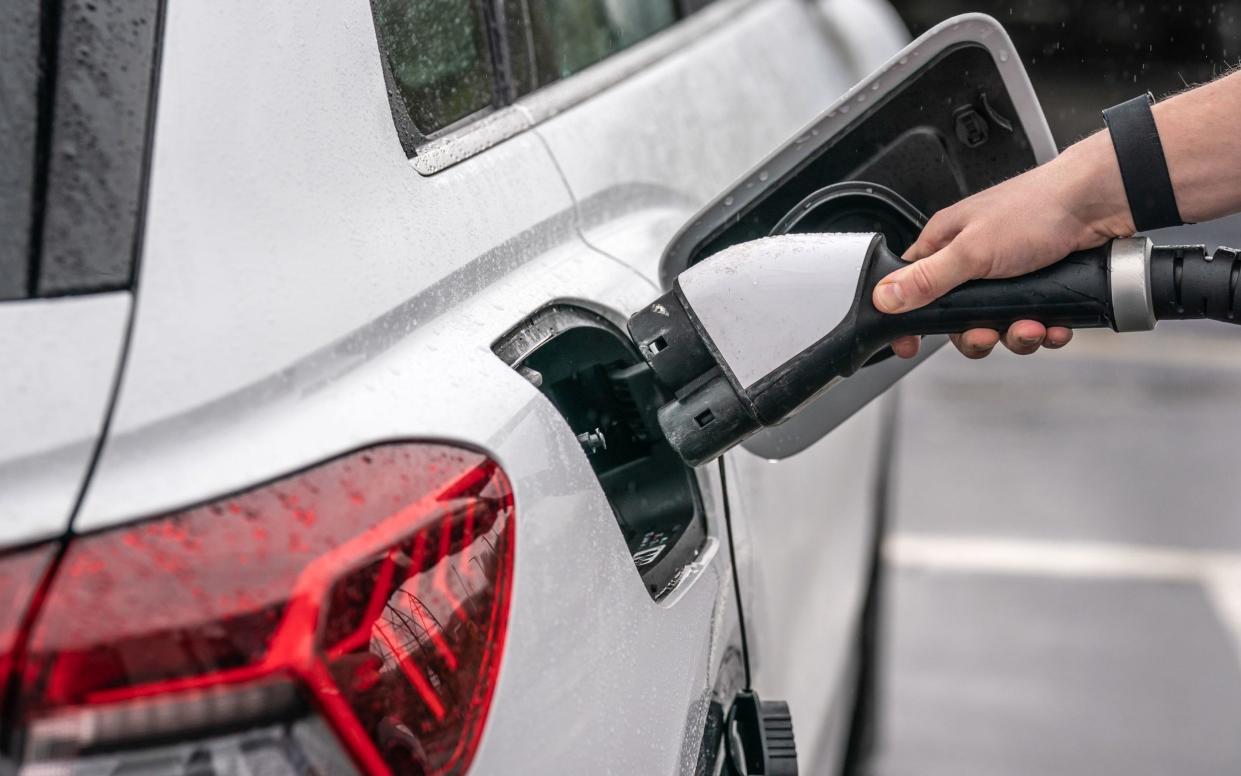Electric cars are a Trojan horse for the destruction of driving

I don’t know if any of the bookmakers have started offering odds on the next net zero target to be ditched, but my tenner would go on the Zero Emission Vehicle (ZEV) mandate. If you haven’t heard of it – and unless you work for a car manufacturer or motor dealer you may not have – you might be surprised that the prices of electric cars are suddenly falling: according to Auto Trader 77 per cent of new electric vehicles are now be advertised at a discount.
This isn’t because electric battery technology has suddenly undergone a huge advance but rather is sheer desperation. Since January this year, major car manufacturers have been under an obligation to ensure that at least 22 per cent of the new vehicles they sell are pure electric. If they fail, then for every non-electric car they sell they could be fined £15,000. The 22 per cent proportion will then rise every year until it reaches 80 per cent in 2030. The trouble is, so far in 2024 only around 15 per cent of cars sold in Britain have been pure electric vehicles – a proportion which hasn’t budged in the past couple of years.
If motorists just don’t want to buy electric vehicles, what are manufacturers to do? They can’t carry on cutting the prices of electric cars to the point they are selling them at a massive loss, and nor will they be able to afford to pay penalties of £15,000 for every petrol or diesel car they sell over the limit. Buyers of luxury cars might not mind paying that kind of surcharge, but motorists who want mass market hatchbacks certainly will. The only real option car-makers will have is to stop us buying petrol or diesel cars by withdrawing them from the market – as Ford has already done with the Fiesta. I wouldn’t be surprised if some car-makers chose to give up on the UK market altogether.
What’s crazy about the ZEV is that motorists have shown themselves to be happy buying hybrids. They don’t mind electrical traction; it is just that they don’t want to suffer the hassle of relying on public charging points or risk being stranded. Hybrids should have been the way to clean-up the car industry, allowing motorists steadily to move in the direction of electric vehicles. That would have allowed the recharging infrastructure to be built up over time – and who knows, maybe there would have come a point when EVs became good enough that people no longer saw the need to have an engine on board as well as batteries. But the government undermined the whole process by announcing that hybrids, too, will be banned, and trying to force us to leap to full electric vehicles in one go.
The result is yet another failed net zero policy which is surely doomed. I give it a month or two at most before Rishi Sunak pops up at some car factory to announce that the ZEV mandate is being relaxed – followed, inevitably, by much gnashing of teeth by the net zero zealots who will once again accuse the Government of trashing the climate. Despite claims that EVs can save money, motorists are not fools. Unfortunately, the push to electric may drive them off the roads.

 Yahoo News
Yahoo News 